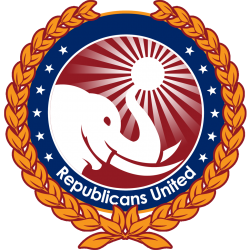Capitalism and Freedom is a book by Milton Friedman originally published in 1962 by the University of Chicago Press which discusses the role of economic capitalism in liberal society. It sold over 400,000 copies in the first eighteen years and more than half a million since 1962. It has been translated into eighteen languages.
Friedman argues for economic freedom as a precondition for political freedom. He defines “liberal” in European Enlightenment terms, contrasting with an American usage that he believes has been corrupted since the Great Depression.
